The UK's Supreme Court is allowing Google to appeal the verdict of the lawsuit that claimed it tracked iOS Safari users without their consent.
A lawsuit claiming that Google tracked Safari users on iOS from 2011 to 2012 has now reached the UK's Supreme Court. Following earlier findings, the new ruling concentrated on allowing Google to appeal against the lawsuit filed by Richard Lloyd.
Lord Leggatt, Justice of the Supreme Court of the UK, wrote in the ruling that the issue was not over the lawsuit's claims, but rather its legal standing.
"There is no doubt that the claimant is entitled to advance a claim against Google on this basis in his own right which has a real prospect of success," he wrote. "The issue is whether he can also do so on behalf of all other iPhone users who fall within the represented class."
The UK has no direct equivalent of a class action suit, but it does have precedent for one or more people bringing a claim as representatives of others with the same issue.
Lord Leggatt said that Lloyd had used "an unusual and innovative use of the representative procedure," under the UK's Civil Procedure Rules. However, he said that the claim was "officious litigation, embarked upon on behalf of individuals who have not authorised it."
The ruling states that the previous Court of Appeal decision had "regarded the fact that the members of the represented class had not authorised the claim as an irrelevant factor."
"It is unnecessary to decide whether the Court of Appeal was entitled to interfere with the judge's discretionary ruling or whether it would be desirable for a commercially funded class action to be available on the facts alleged in this case," continues the new ruling. "This is because, regardless of what view of it is taken, the claim has no real prospect of success. That in turn is because, in the way the claim has been framed in order to try to bring it as a representative action..."
No date has been set for any further appeal hearing. This decision marks the latest in a nearly decade-long series of legal arguments, from multiple sources, over Google's tracking system.
 William Gallagher
William Gallagher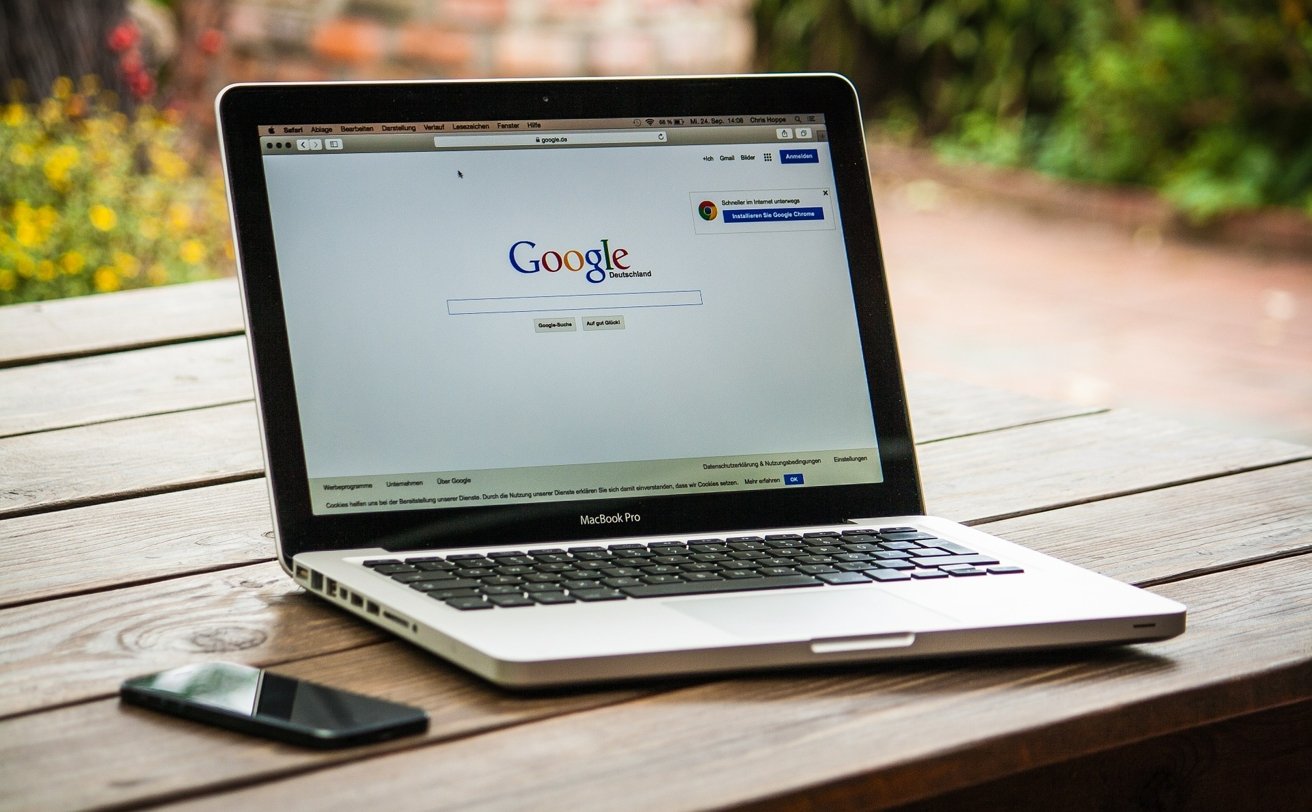







-m.jpg)







 Sponsored Content
Sponsored Content
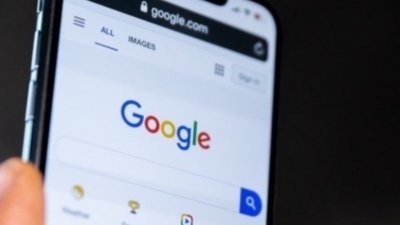
 Malcolm Owen
Malcolm Owen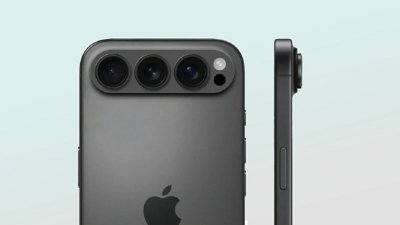
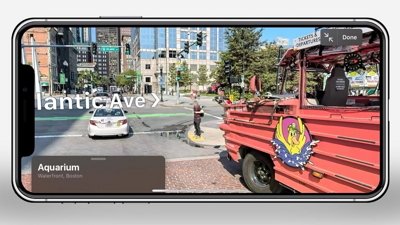

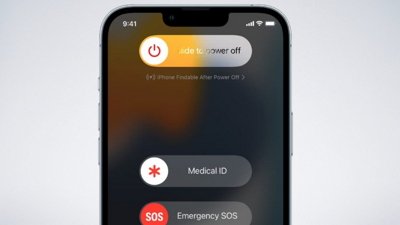
 Charles Martin
Charles Martin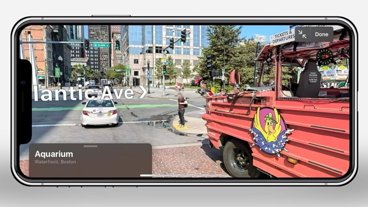







3 Comments
I guess everyone in the UK who used Google at the time will need to file an individual lawsuit. I wish that would actually happen, would serve Google right for whining and the serve the courts right for tolerating it.